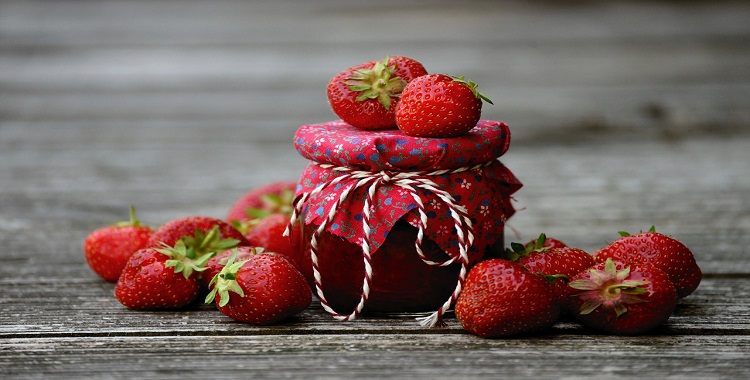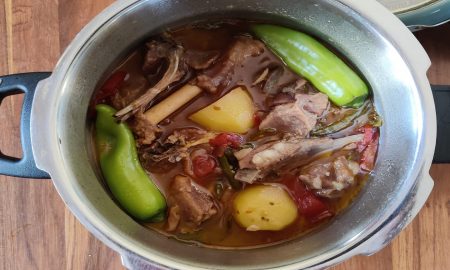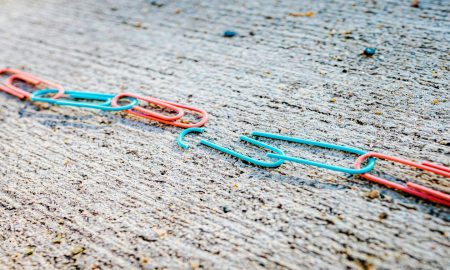My wife screams and my daughter’s hair-mottled scalp crowns. The doctor guides my hands and I grasp my daughter, her small body taught and alive, shrieking and glistening with blood. My mother-in-law is there, too. She turns to me and says, “It’s time. That degree of yours? Get a job.” I let our daughter nose into my wife’s chest, where she eats ravenously. Sweaty strands of my wife’s dark hair stick to my mother-in-law’s wrist as she holds her head.
I fall asleep on a chair in the hospital room, then wake with a start. My mother-in-law, a widow, says, “You’re just like my husband was.” She laughs and tells me to go home. Her husband was a good man, and old-fashioned. She misses him.
We name our baby Allison for my wife’s friend who died in a boating accident. Allison gets baptized because my mother-in-law is Catholic. Months pass. My wife teaches at the university again. I care for Allison. My wife and I are both PhDs in history.
Allison has dark brown hair that grows in wisps. She has toes like pebbles and a laugh like coins dropping. She does not enjoy meat. She gobbles strawberries. Soon she is old enough for a bed. I take apart her crib, get the component parts down the stairs and out the front door, and scrape oatmeal-coloured paint off the threshold on the way out. A man arrives in cargo shorts and a ballcap to buy it. I point out places where the fittings are splitting from the wood. He puts the pieces in the back of his Accord with a single bungee cord to hold down the trunk, and drives off. His nervousness is familiar and makes me feel as if I’ve parted with a friend.
In the house, Allison has wrapped herself in a floor length curtain in front of the glass doors to our patio. She jumps out. “Yow!” Strawberry juice streaks the corners of her mouth. The curtain is streaked with longer red lines. I make her step back, pull the curtain off the hooks, Google remedies for strawberry stains.
My wife enters to refresh her coffee. She says Allison has been eating the strawberry jam sent in the mail by my mother-in-law, who lives in Arizona. I left the jar open on the kitchen counter after breakfast. The curtains are ruined. I tried sewing curtains once and failed. We ordered these new, expensive curtains with cobalt and sunflower patterns to match an ornamental vase. I apologize.
My thumb is bleeding from a sharp bolt on the crib. I go to find a Band-aid and pass our armoire, an heirloom from my wife’s grandmother, bestowed by her mother. My thesis on the settlement of rural Nebraska is in our attic, saved on three zip drives I keep in a drawer next to my wife’s jewellery box atop the armoire. Almost no one has read it since I had my committee.
Downstairs, the label on the jam reads, “From the Loving Kitchen of Mallory Lind”. I put the lid on and throw the jam in the empty garbage. It hits the bottom with a clunk. I peak in, wondering if the jar has cracked, tearing the plastic garbage can liner, leaving a spill worse than the one on the curtain – the jar is whole, turned on its side.
Allison is in the living room occupied with blocks. She wants me to help her make a town. I wrap up the stained curtain as Allison looks on, begging.
I have not been employed in any significant capacity in years. No one has read my doctoral thesis. My mother-in-law read it once and called it “dry.” She often asks about my job search. We have told her I am not looking for employment. I take care of the house and Allison.
I expect her to say the same thing when she calls tonight. She will pretend she forgot I am not looking. She will want to hear how Allison enjoys the jam. Jam is expensive to mail. She will imply I do nothing with my time. She will remember her husband, who spent his retirement years sitting and reading the newspaper. When the conversation is over, I will apologize to my wife and she will apologize to me and Allison will look at us, knowing something is wrong. I will sleep next to Allison in her new bed, feeling alone.
A bag of frozen strawberries is in the freezer. Jam is boiled strawberries. We have jars in the basement.
I start building the town with Allison, working on the library. It’s made of Lincoln Logs and Duplos. The Lincoln Logs are from my childhood. The Duplos are my wife’s. I have a PhD in American history. My deceased father-in-law is my mother-in-law’s history. I can make my own history.
We finish the town together and it is time for dinner. I make us a pasta from some odds and ends and a jar of pesto. The three of us eat within view of the town, the town with no history. No one has asked about the jam sitting alone in the garbage. My wife’s phone rattles on the table. I answer and my mother-in-law asks, “Did you get the new jar of jam?”
“What we throw out tells volumes,” I say. I am a historian after all, digging through the middens of the past, interpreting them. Tonight, I will boil strawberries. I will seal the jars and set them out to cool. I will sleep in my own bed.
***
Image by congerdesign from Pixabay





